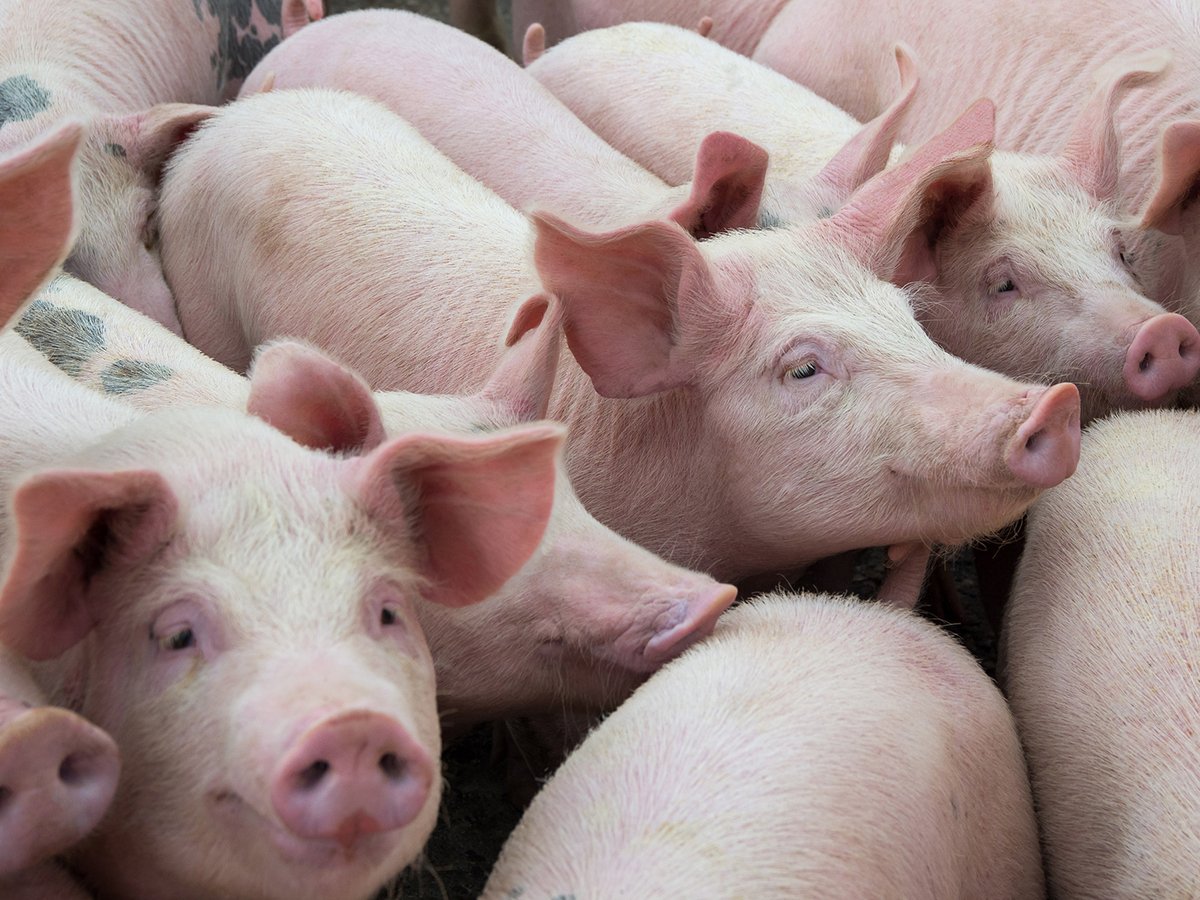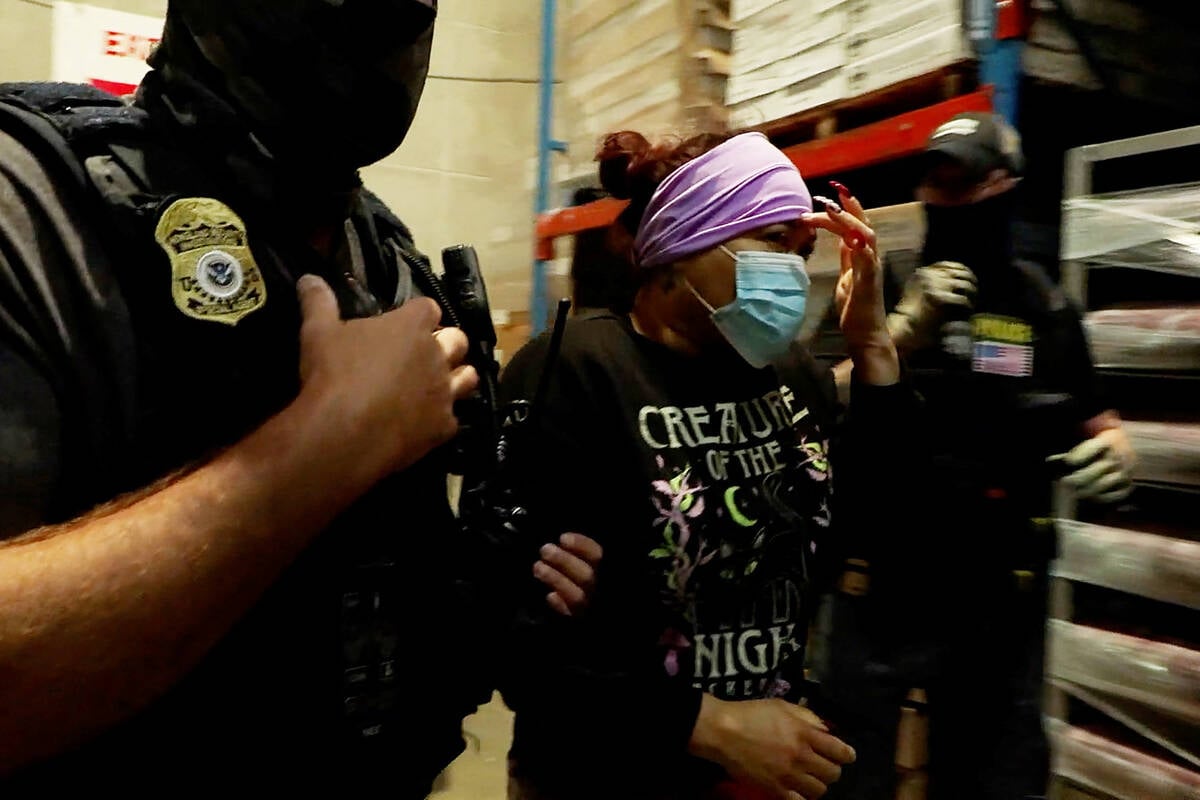CHICAGO, Ill. (Reuters) — U.S. meat producer Glenn Valley Foods operated an Omaha, Nebraska, facility with about 30 per cent of its staff last week after federal agents detained workers in an immigration raid the previous day, slashing the output of products it sells to grocery stores and restaurants, the company’s president said.
In the wake of the June 10 sweep by U.S. Immigration and Customs Enforcement agents, livestock traders and market analysts expressed concerns that the potential deportation of undocumented workers from such raids could disrupt U.S. food production at a time when beef prices have soared and meat processors report a labour shortage.
ICE agents detained 74 to 76 workers out of roughly 140 at the Glenn Valley Foods plant, president Chad Hartmann said.
Read Also

Quebec pork company calls for transparency around gene-edited pigs
Quebec-based pork company duBreton is calling for transparency around meats from gene-edited pigs on concerns that a lack of mandatory labelling will confuse consumers, and dilute certification claims. The organic sector is also calling for labelling rules.
Other workers did not show up the following day because they felt afraid or traumatized, he said, adding that the facility’s production dropped to about 20 per cent of normal.
Glenn Valley Foods sells steak, chicken and corned beef products to restaurants and grocery stores, according to its website.
Retail beef prices have set records as the size of the U.S. cattle herd declines to its lowest level in 70 years after a years-long drought raised feed costs. Consumer demand for steaks and hamburgers has stayed strong nevertheless.
Glenn Valley Foods is trying to determine how long it will take to hire new employees, Hartmann said.
“The hole that got punched into our business is staffing,” he said.
Livestock traders worried that immigration raids could slow meat companies’ demand to buy cattle from farmers to process into beef if the companies do not have enough workers.
Chicago Mercantile Exchange cattle futures came under pressure June 10 during the raid, after recently hitting records.
“There’s certainly going to be nervousness out there on where the labour situation goes, going forward,” said Matt Wiegand, a commodity broker for risk management firm FuturesOne in Nebraska.
Meat packers still face an acute worker shortage, said Julie Anna Potts, president of the Meat Institute. It worsened during the COVID-19 pandemic, when major companies temporarily shut plants because of a lack of workers.
Glenn Valley used E-Verify, a federal database used for checking employees’ immigration status. Hartmann said Homeland Security told him that there was no better system.
“We will have to continue to use it,” he said.
ICE said a criminal investigation was ongoing into what immigration officials called a large-scale employment of immigrants who are present in the U.S. illegally.
Footage of the Glenn Valley raid released by ICE showed agents searching the plant, restraining workers’ hands and ankles, and taking them into custody.
ICE officers have been intensifying efforts in recent weeks to deliver on U.S. President Donald Trump’s agenda of record-level deportations, although late last week the administration directed immigration officials to largely pause raids on farms, hotels, restaurants and meat-packing plants.
Tensions boiled over in Los Angeles recently when protesters took to the streets after ICE arrested migrants, according to rights advocates.
More than half of all meat-packing workers in the United States are immigrants, according to the Center for Economic and Policy Research.

















